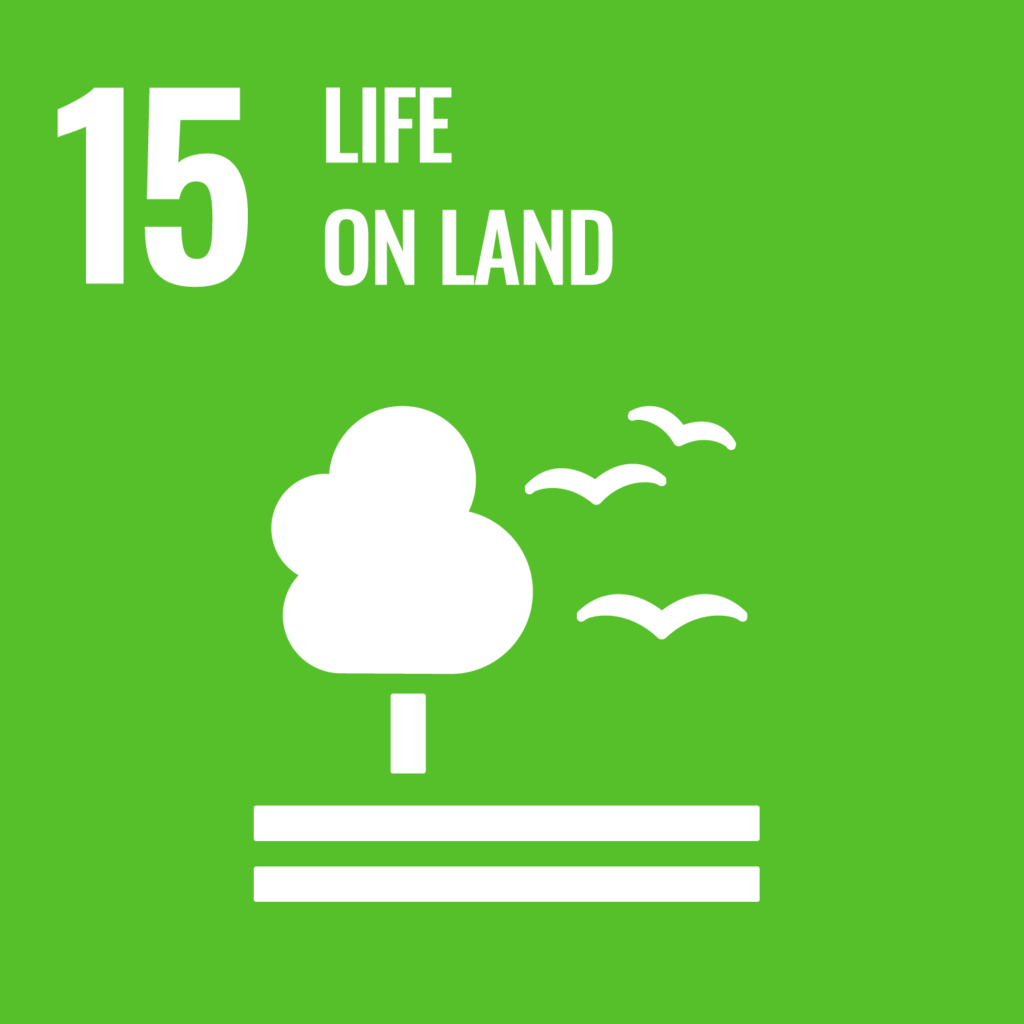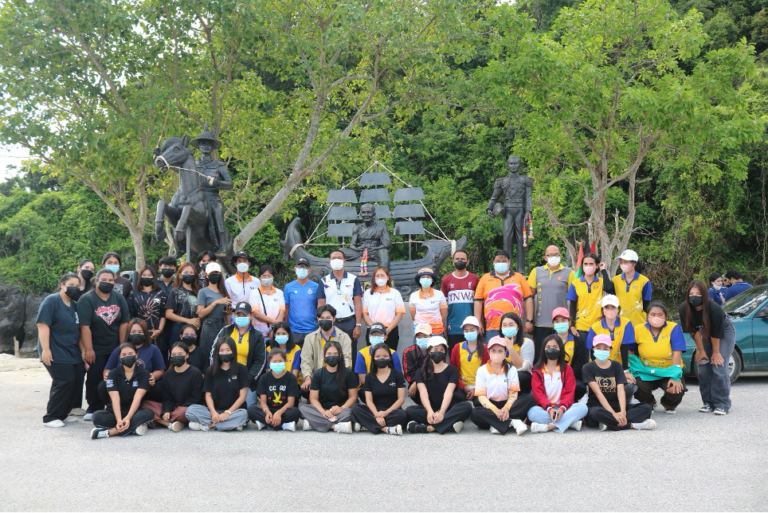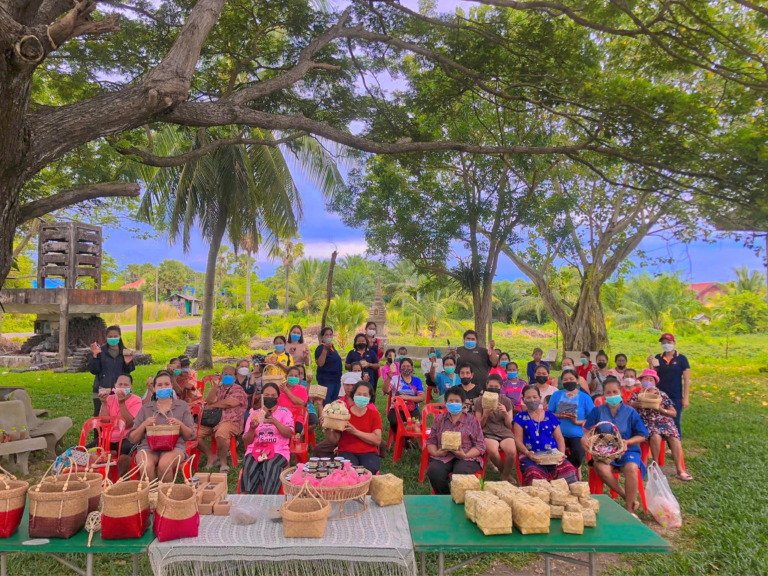Reporters : Assoc.Prof.Dr. Pornsil Seephueak
Asst.Prof.Dr. Prapot Maliwan
Assoc.Prof.Dr. Pornsil Seephueak
Asst.Prof.Dr. Nion Chirapongsathonkul
Dr. Worawitoo Meesook
Evidence Date: January 13, 2022
Indicator : 15.2.2
Related SDGs:

In the animal science program, students engage in a comprehensive exploration of various facets of swine production. This encompassing curriculum delves into essential areas, including the assessment of animal health, monitoring fertility, tracking growth patterns, mastering ear-marking techniques, and implementing vitamin supplementation strategies. This multifaceted approach equips students with a well-rounded understanding of swine production, ensuring they are adept in the various aspects of managing and caring for pigs. It prepares them to become knowledgeable professionals in the field of animal science, capable of making informed decisions and contributing

to the success of swine production operations.
Fig1. Animal Health, fertility and growth monitoring.
Fig2. Swine ear mark techniques.
To prepare for future career opportunities, students are equipped with both theoretical knowledge and practical skills in pig husbandry and business operations. This holistic approach ensures they have a well-rounded understanding of the swine industry and are capable of effectively managing both the husbandry and commercial aspects of pig farming. This comprehensive education enhances their employability and potential for success in the field.
Fig3. The pigs raised by the students are ready to be sold.

Related Links:



